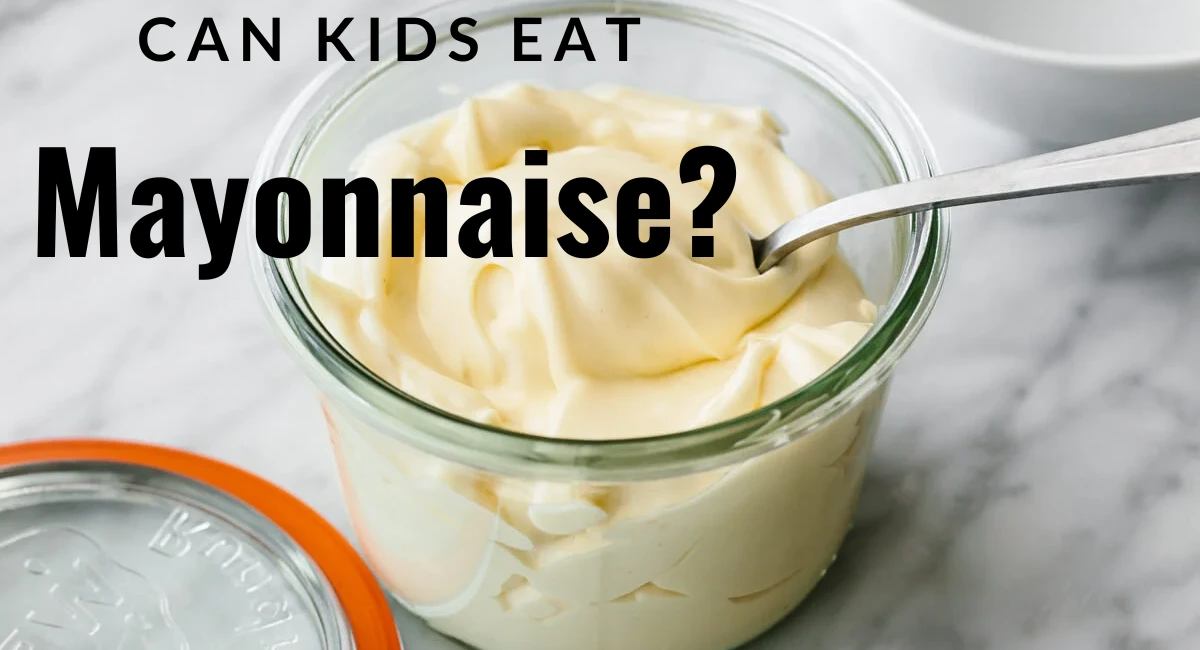Hi Mommies, welcome to my blog. In this article, we will discuss whether consumption of mayonnaise is safe for kids or not. Can kids eat mayonnaise? This is a very important topic to be discussed today because 90% of the junk items contain mayonnaise. Kids love to eat mayo, but is it really safe for kids? Parents need to explore this topic because, as parents, they always want to indulge in healthy alternatives for their kids. Mayonnaise is a multipurpose condiment that finds its way into countless dishes. It can be used for sandwiches and salads. As parents, we are often concerned about the safety of the foods that our kids consume. We always have one common question in our minds: Can kids eat mayonnaise? Is it safe for kids to have mayonnaise? In this article, we will research the components of mayonnaise, potential health concerns, and guidelines for incorporating it into a child’s diet.
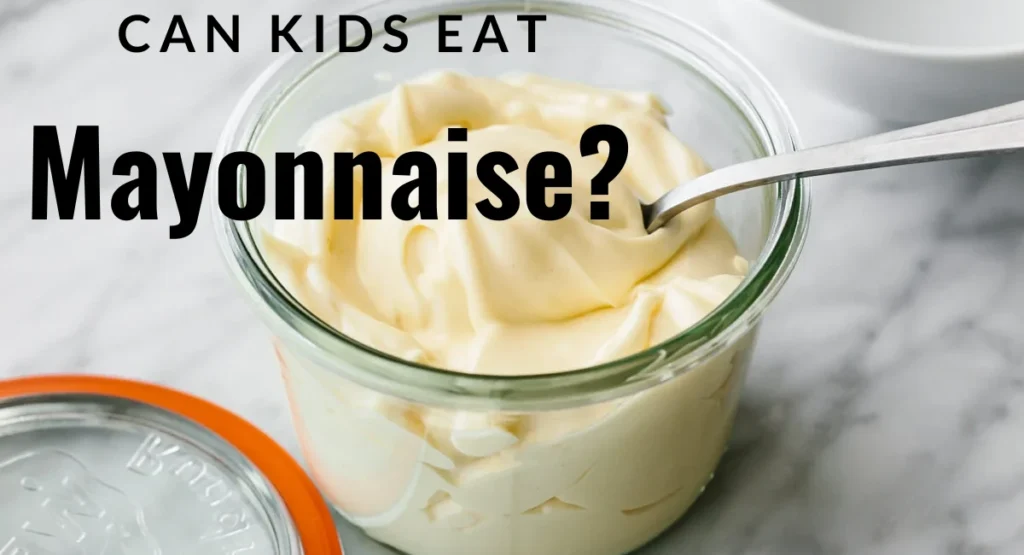
Understanding Mayonnaise Ingredients:
Let us talk about the ingredients of the mayo. Based on the ingredients, we can decide: Can kids eat mayonnaise? Mayonnaise is traditionally made from a combination of oil, egg yolks, vinegar or lemon juice, and seasonings. The emulsification of these ingredients creates a creamy texture that is known as mayonnaise. While these ingredients are generally safe, certain points should be considered.
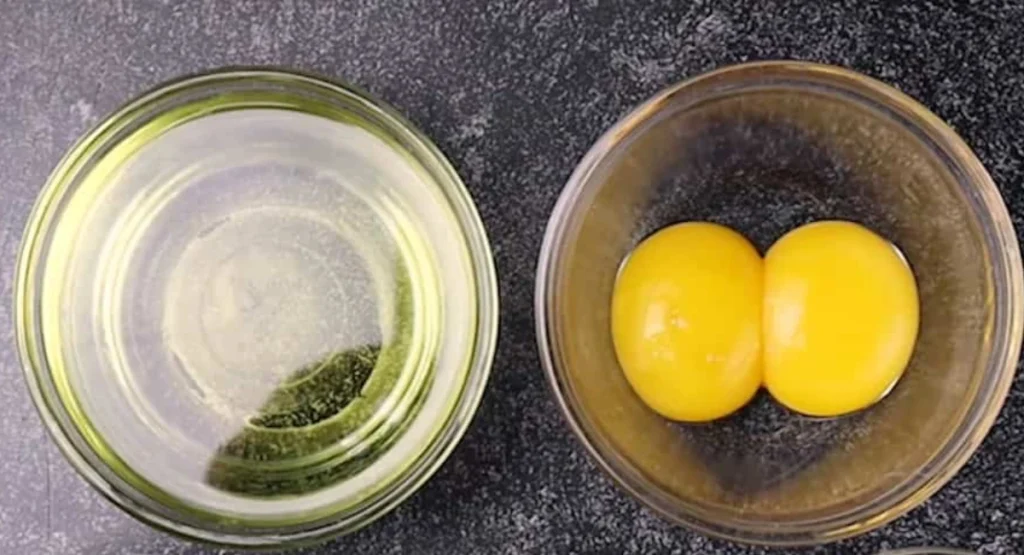
1. Egg Safety:
Raw eggs are a primary ingredient in mayonnaise, and concerns about foodborne illnesses like Salmonella may arise. To moderate this risk, many brands of mayonnaise use pasteurized eggs, making them safe for consumption, even for children. It’s important for parents to check ingredients on product labels to ensure that the mayonnaise they choose is made with pasteurized eggs. Hellman’s mayonnaise is generally safe for kids as it is made from pasteurized eggs. In contrast to home-made mayonnaise, that is made from raw eggs and can result into illnesses like Salmonella, etc.
2. Oil Content:
Mayonnaise is made with a combination of oil and eggs. So, oil is relatively high in fat content, which may raise concerns about obesity and cardiovascular health and hence cause heart diseases in kids. However, we should always go for moderation. Incorporating mayonnaise as part of a balanced diet, rather than in excess, can be a reasonable approach. As we know, whether we eat healthy or unhealthy food, but excess of everything is bad. Always give a small spoon of mayonnaise to kids. Try to mix other alternatives with mayo so that a lesser amount of it can be used and consumed.
Guidelines for Introducing Mayonnaise to Kids:
- Check Product Labels: When purchasing mayonnaise, examine the product labels to ensure that it contains pasteurized eggs. This meaningfully reduces the risk of foodborne illnesses associated with raw eggs.
- Moderation is Key: Like many condiments, mayonnaise can be best enjoyed in moderation. Do not feed excess amounts of high-fat condiments to kids, which may contribute to an imbalance in a child’s diet. Encourage your kids to have variety in their meals and limit the frequency of mayonnaise use.
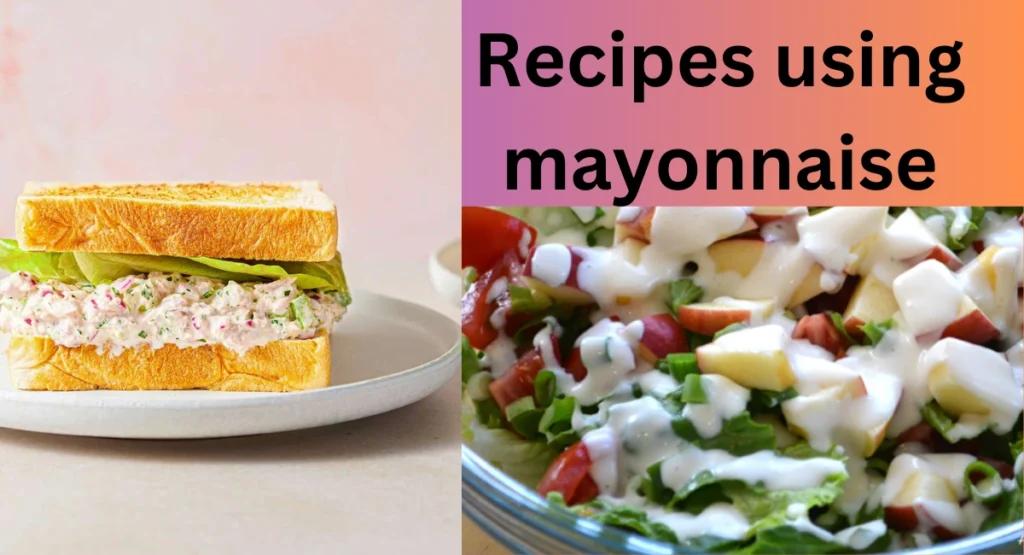
- Healthier Alternatives: Parents are explorers, and when it comes to their child’s health, they can explore healthier alternatives or make their own mayonnaise at home using ingredients like Greek yogurt, hummus made from chickpeas, cashew cream, or avocado. These varieties provide a nutrient boost while maintaining the creamy, yummy texture that kids enjoy. You can read this to try healthier dishes , Indian recipes for your kids.
- Pair with Nutrient-Rich Foods: Never use mayonnaise as a primary ingredient for your dish. Consider using it as a condiment to enhance the flavor of nutrient-rich foods. For example, spread a thin layer on a whole-grain sandwich or mix it into a vegetable salad. Just a spoonful is sufficient to enhance the flavor of vegetables and salads.
To improve the immunity of your kids, try some home remedies.
- Monitor for Allergies: As the child grows up, we need to introduce new foods to children gradually and monitor for any allergic reactions. If there is a family history of egg allergies or if a child has shown sensitivity to eggs in the past, always discuss with a pediatrician before introducing mayonnaise into their diet.
Can kids eat mayonnaise?
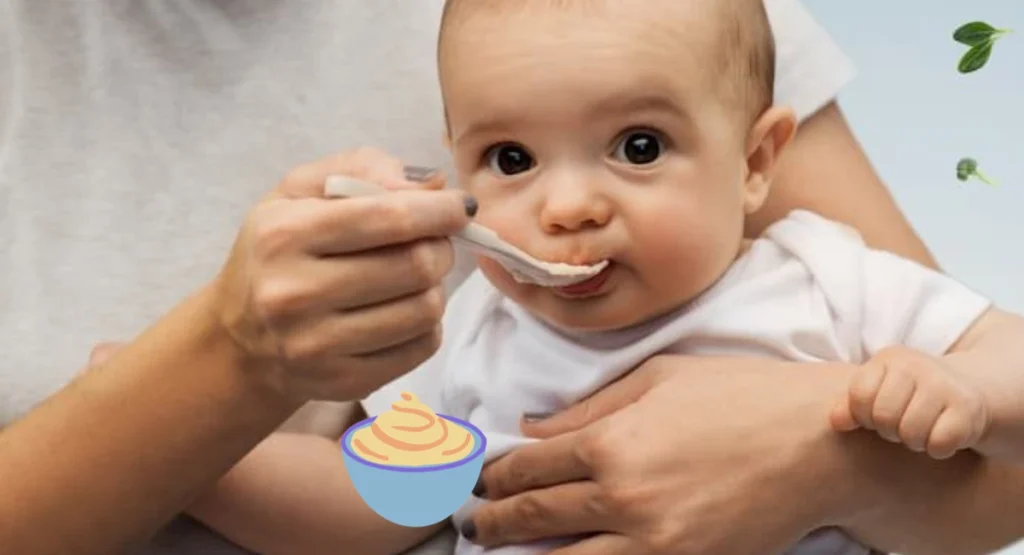
Potential Benefits of Mayonnaise:
While it’s important to be thoughtful of potential health considerations, mayonnaise does offer some nutritional benefits. The eggs in mayonnaise provide a source of protein, and the oil contributes healthy fats. Additionally, the condiment can make nutrient-dense foods more appealing to picky eaters, encouraging them to consume a variety of foods.
Right age for the introduction of mayo to kids:
The homemade mayo is made with raw eggs, which is not recommended for kids of any age. However, mayonnaise made with pasteurised eggs can be given to kids over 6 months of age. Start with a very small quantity (pea-shaped) and feed it under your supervision, as it is sticky by nature. If the baby has started chewing and swallowing the food items, then only introduce mayo to your baby; otherwise, your baby may feel short of breath.
Conclusion:
In conclusion, mayonnaise can be a safe and enjoyable addition to a child’s diet when consumed in moderation and with attention to product labels. Parents should prioritize pasteurized versions of mayonnaise, be mindful of potential allergic reactions, and encourage a well-balanced diet that includes a variety of nutrient-rich foods.
As with any aspect of parenting, it’s crucial to stay informed and make decisions based on individual circumstances. If there are specific health concerns or dietary restrictions for a child, consulting with a healthcare professional or a registered dietitian can provide personalized guidance. By approaching the inclusion of mayonnaise in a child’s diet with knowledge and moderation, parents can strike a balance between safety and enjoyment.
FAQs:
Q.1: Is mayonnaise good for kid’s health?
Ans: Mayonnaise is good for the heart as it has omega-3 and omega-6 fatty acids. It also adds protein to our bodies. Hence, this helps in the strong and healthy growth of kids.
Q.2: What is unhealthy about mayonnaise?
Ans: An excessive amount of it can cause heart disease because one tablespoon of mayonnaise has about 1.6 grams of saturated fat. In this case, eating more mayonnaise can increase cholesterol. Thus, high cholesterol in the body increases the risk of heart disease.
Q.3: Is mayonnaise healthy? Yes or no?
Ans: Yes, a small amount of it is considered to be safe and healthy. While it contains healthy fats from oil and essential nutrients from egg yolks, it can also be high in calories and saturated fats. Add a spoonful of mayo to the kid’s diet. That much is enough for them.
Q.4: What are the advantages and disadvantages of eating mayonnaise?
Ans: One cup of mayo contains around 1450 calories, 160 grams of fat, and 24 grams of saturated fat. It’s a good source of vitamins E and K, but it also contains saturated fats, which are not good for heart health.
Q.5: Which is more harmful, mayonnaise or cheese?
Ans: Cheese contains crucial nutrients such as calcium and protein, but it is higher in fat than mayonnaise. On the other hand, mayo is high in unhealthy fats and calories. Cheese is considered to be better than mayonnaise for consumption.
Q.6: Can kids eat mayonnaise?
Yes, kids can eat a small amount of mayo in moderation. Parents can find very innovative ways to feed healthy items mixed with a small amount of mayo so that kids can enjoy their meals, and mayo should not harm their health.
